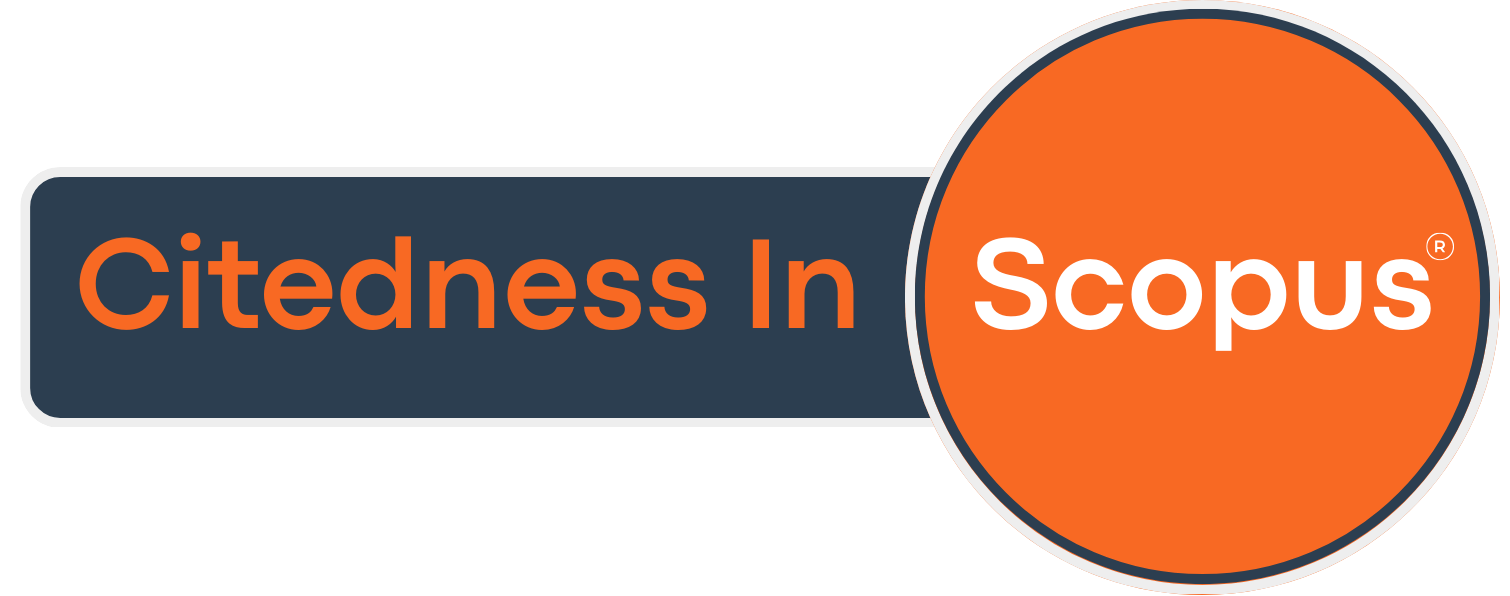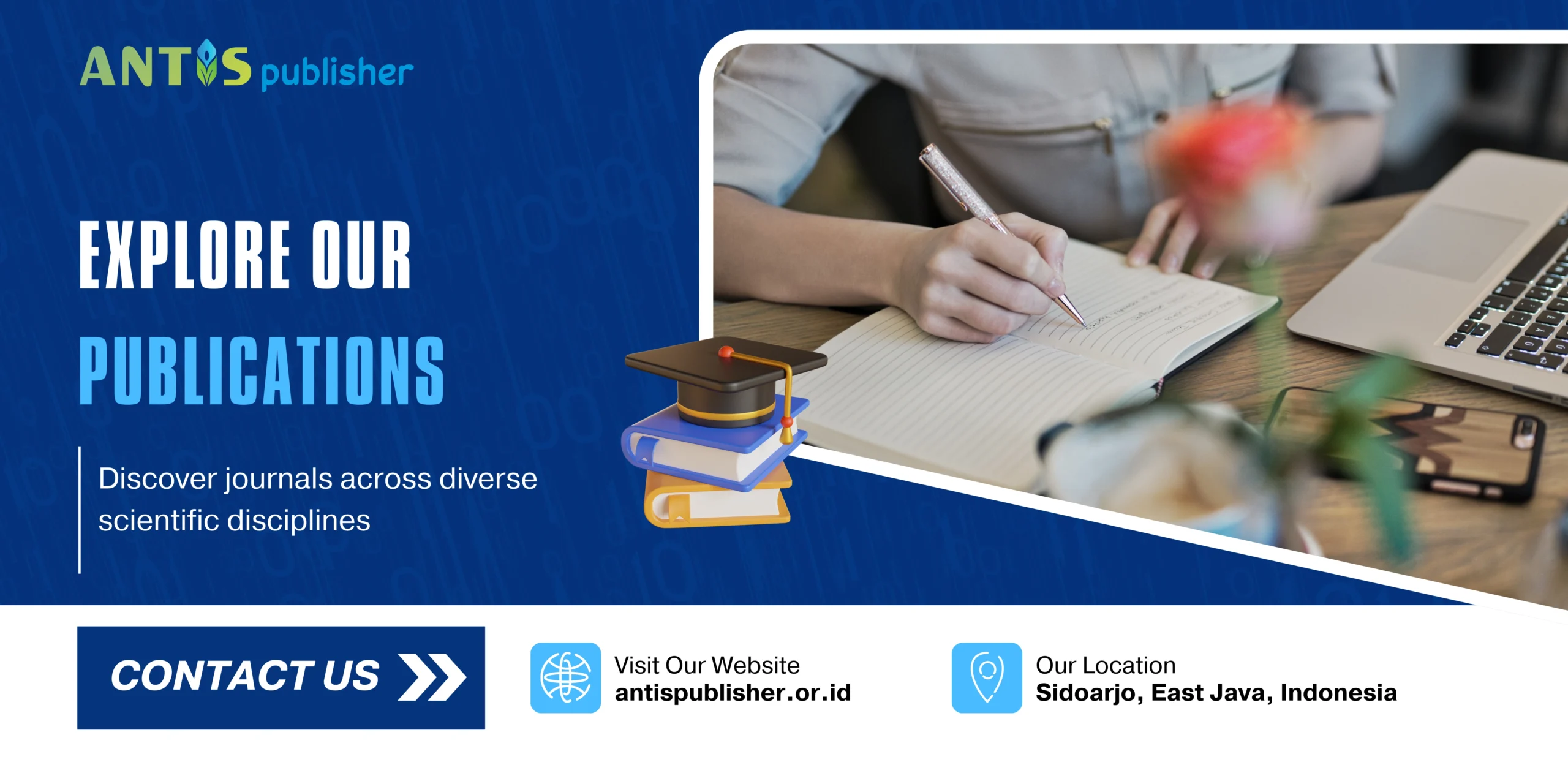USE OF MODERN TECHNOLOGIES AND THEIR EFFECTIVENESS IN TEACHING FOREIGN LANGUAGES
Downloads
The role of technology in education has dramatically evolved, particularly in the domain of foreign language instruction. General Background: As globalization accelerates, the demand for effective foreign language learning methodologies has intensified. Specific Background: Traditional language teaching methods, often characterized by rote memorization and passive learning, may not adequately meet the needs of today’s diverse learners. Knowledge Gap: While various studies have highlighted the potential benefits of integrating technology into language education, there remains a lack of comprehensive analysis comparing these modern approaches to traditional methods in terms of effectiveness. Aims: This article aims to evaluate the effectiveness of modern technologies in foreign language teaching, emphasizing their advantages over conventional teaching methods. Results: Findings indicate that the integration of technology, such as interactive software, mobile applications, and online resources, significantly enhances student engagement, motivation, and language acquisition outcomes. Novelty: This study contributes to the existing literature by providing empirical evidence on how specific technological tools can foster active learning environments, promoting better retention and practical language use. Implications: The results underscore the necessity for educators to adopt technology-driven strategies in their teaching practices, as these innovations can lead to more effective and personalized language learning experiences, preparing learners for a globalized world.
L. Postareff, S. Lindblom-Ylänne, and A. Nevgi, "The Effect of Pedagogical Training on Teaching in Higher Education," Teaching and Teacher Education, vol. 23, no. 5, pp. 557-571, 2007. doi: 10.1016/j.tate.2006.11.013.
F. Depaepe, L. Verschaffel, and G. Kelchtermans, "Pedagogical Content Knowledge: A Systematic Review of the Way in Which the Concept Has Pervaded Mathematics Educational Research," Teaching and Teacher Education, vol. 34, pp. 12-25, 2013. doi: 10.1016/j.tate.2013.03.001.
J. K. Hall and M. Walsh, "Teacher-Student Interaction and Language Learning," Annual Review of Applied Linguistics, vol. 22, pp. 186-203, 2002.
T. Papadopoulos, K. N. Baltas, and M. E. Balta, "The Use of Digital Technologies by Small and Medium Enterprises During COVID-19: Implications for Theory and Practice," International Journal of Information Management, vol. 55, p. 102192, 2020. doi: 10.1016/j.ijinfomgt.2020.102192.
N. Patel, "Integrating Three-Dimensional Digital Technologies for Comprehensive Implant Dentistry," The Journal of the American Dental Association, vol. 141, pp. 20S-24S, 2010. doi: 10.14219/jada.archive.2010.0357.
F. Berkhout and J. Hertin, "De-Materialising and Re-Materialising: Digital Technologies and the Environment," Futures, vol. 36, no. 8, pp. 903-920, 2004. doi: 10.1016/j.futures.2004.01.003.
D. R. Garrison and H. Kanuka, "Blended Learning: Uncovering Its Transformative Potential in Higher Education," The Internet and Higher Education, vol. 7, no. 2, pp. 95-105, 2004. doi: 10.1016/j.iheduc.2004.02.001.
M. Van Dinther, F. Dochy, and M. Segers, "Factors Affecting Students’ Self-Efficacy in Higher Education," Educational Research Review, vol. 6, no. 2, pp. 95-108, 2011. doi: 10.1016/j.edurev.2010.10.003.
A. R. Nurutdinova, V. G. Perchatkina, L. M. Zinatullina, G. I. Zubkova, and F. T. Galeeva, "Innovative Teaching Practice: Traditional and Alternative Methods (Challenges and Implications)," International Journal of Environmental and Science Education, vol. 11, no. 10, pp. 3807-3819, 2016.
Z. L. Berge and L. Muilenburg, "Designing Discussion Questions for Online, Adult Learning," Educational Technology, vol. 40, no. 5, pp. 53-56, 2000.
Copyright (c) 2024 G‘aniyeva Barchinoy Bahrom qizi

This work is licensed under a Creative Commons Attribution 4.0 International License.























